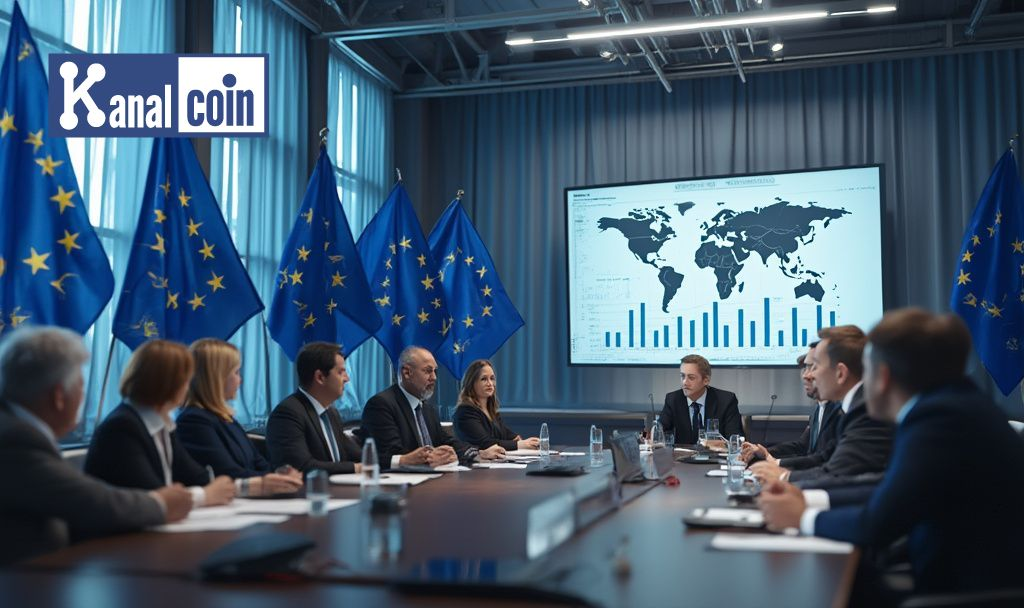
U.S. Tariffs Complicate Japan Trade Negotiations
The Trump administration’s tariffs have added complexity to ongoing negotiations. Claims of progress in Japan-U.S. trade talks persist, yet the financial community remains skeptical, citing potential economic risks.
Key stakeholders include the Japanese government and U.S. trade representatives. Both sides have taken steps, yet disagreements over tariff impacts continue, with persistent frictions regarding automotive exports.
Market Fear Over Escalating Trade Tensions
The tariffs raise market concerns, with fears of exacerbating trade tensions between two major economies. Investors are weighing potential disruptions to supply chains and implications for global trade dynamics.
Financial analysts emphasize the inadvertent consequences of such tariffs, highlighting data that suggests potential shifts in trade balances. Experts regard it as a pivotal point that could redefine existing arrangements.
“A Great Honor to have just met with the Japanese Delegation on Trade. Big Progress.”
Past Japan-U.S. Trade Conflicts Revisited
Past trade disagreements between these nations have resulted in economic fluctuations. The late 20th-century trade friction is often cited as a precedent with similar political maneuvers, leading to market volatility.
Experts from Kanalcoin assert the need for a balanced approach, emphasizing historical lessons. They stress that ignoring economic data trends may lead to unforeseen impacts, potentially affecting global trade stability.









